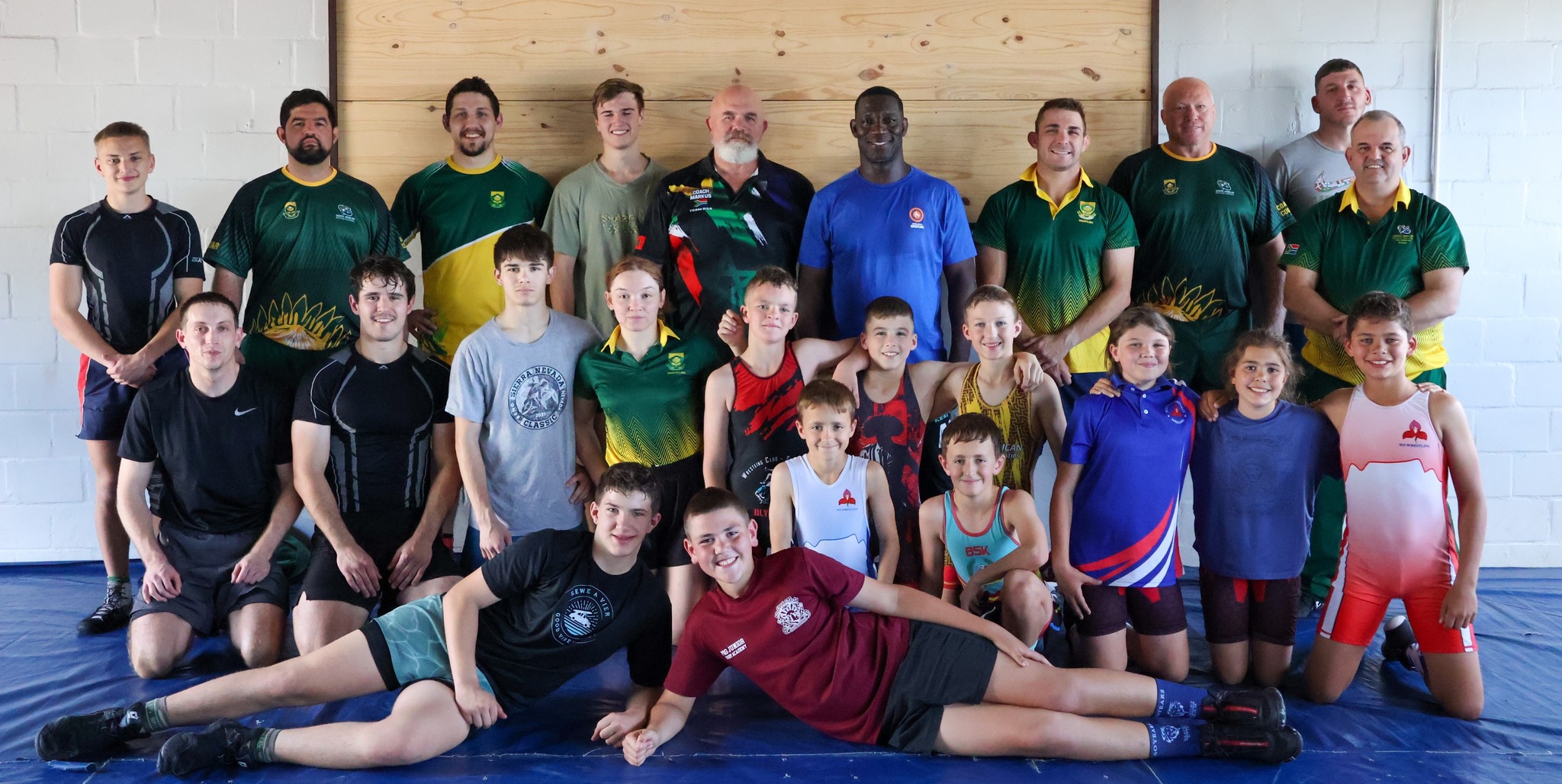Wrestling Cited for Good Governance in Recent ASOIF Report
Monday, June 22, 2020 - 18:26 By United World Wrestling Press

CORSIER-SUR-VEVEY, Switzerland (June 22) -- A recent report issued by the Association of Summer Olympic International Federations (ASOIF) cited United World Wrestling as having above average standards for Good Governance.
ASOIF, a non-profit association affiliated with the International Olympic Committee, hired the independent sports governance consultancy I Trust Sport to review the responses and moderate the scores for all participating member federations.
The report specifically recognized United World Wrestling's commitment as best practices for publishing the details of elected officials biographies, including CV's and a conflicts of interest statement (Example). The UWW website also notes the election dates and terms for each bureau member. (Example)
'We are pleased with our progress in regards to Good Governance," said United World Wrestling president Nenad Lalvoic. "We have made significant progress since 2013 and for an independent consultancy to verify our dedication to transparency is a meaningful moment for wrestling and we remain dedicated to continuing this progress linked to good governance."
Overall, wrestling was placed into the A2 category of the Good Governance review.




Share your thoughts.
Comments